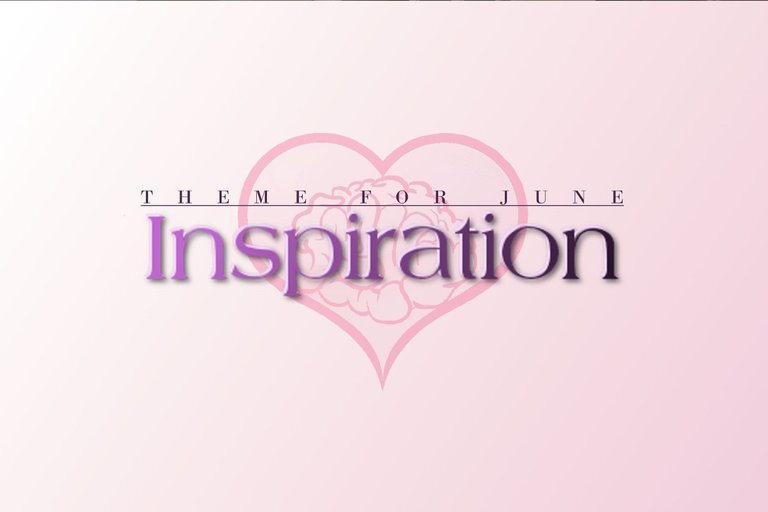
Inspiration is an elusive but powerful creativity booster that can be vital to the creative process. It can create an environment of innovation and can be the catalyst to create works of art, ideas, solutions, and strategies. It can spur individuals to think differently or take action. Inspiration is often seen as a mysterious force that one must wait to come to them, but with a little understanding, it can be cultivated and used to explore the unknown and unlock creative potential.
Inspiration can be broadly defined as an experience of feeling emotionally aroused, energized, or uplifted by external or internal stimuli. It is often described as a "burst of creativity" or a "spark of genius" and occurs unexpectedly in moments of insight, leading to new ideas, strategies, and breakthroughs. It is associated with moments of intense emotional arousal and the need to express the feeling quickly before the opportunity slips away.
Inspiration has been a source of wonder for centuries, with its powers explored by writers, musicians, and scientists throughout the ages. It's been credited with creating a huge range of scientific innovations, from the invention of the printing press to the creation of computer science. It's also responsible for famous works of art, literature, and music. Many will agree that inspiration is an integral part of the creative process and is one of the greatest gifts that a creative person can receive.
Psychologists believe inspiration is an umbrella term for several cognitive processes that can make it easier for people to come up with creative solutions or ideas in the moment. Researchers have identified five cognitive processes believed to be necessary for inspiration to occur: activation (getting an idea), flexbility (detaching one's self from the consideration of what currently exists), goal-setting (creating a goal or task to complete to resolve the issue), convergent thinking (combining thoughts and ideas quickly), and divergent thinking (finding multiple approaches and solutions to the issue).
These cognitive processes are all tied to inspiration, which is why some scientists believe that it can be cultivated and trained. For example, some studies have found that meditation can increase cognitive flexibility and reduce distractibility, which can make it easier for inspiration to occur. Additionally, some experts suggest using design thinking, which helps people take a larger view of the problem and consider multiple perspectives and ideas.
The cultivation of inspiration is essential for any creative person – whether you're an artist, an entrepreneur, a scientist, or a student. Taking the time to learn how to access and maximize inspiration can be a great investment, and one that will surely pay off throughout your career. While people may never truly understand the mysterious power of inspiration, developing an understanding and harnessing it is one of the best gifts one can give themselves.